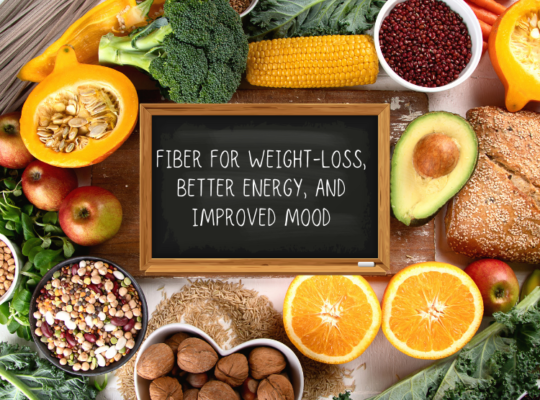“The greatest wealth is health.” Virgil
We all want to feel energetic and strong; we want to avoid chronic illness and disease. As moms, we intend to feed our families health-promoting foods, not disease-promoting food-like substances.
So, who is responsible for ensuring the foods we buy in the grocery store have been proven safe, not only in the short term, but for our long-term health?
I once believed all food in the grocery store was safe to eat and there were controls in place to make sure that our food supply promoted health, not chronic illness. My parents believed in this idea when I was growing up, and I had no reason to question it.
I thought people who went out of their way to seek out “health food” were wasting their time and hard-earned money. Why did they spend more for organic produce or free-range eggs? Why did they spend time seeking out local meat, dairy, and produce? Didn’t they want to cut their grocery budget by buying less expensive conventional foods?
I felt confident in the United States government’s role of ensuring the safety of our food supply. Isn’t that the job of the Food and Drug Administration (FDA)?
After all, the following is included in the FDA’s mission statement:
The Food and Drug Administration is responsible for protecting the public health by…ensuring the safety of our nation’s food supply.
I never considered the possibility that the diseases, which seemed so prevalent around me – from cancer and autoimmune disease, to food intolerance and diabetes – may possibly be related to the “food” on our grocery store shelves. I thought it was the FDA’s job to prioritize my health over food manufacturers who introduce new additives, genetic modifications, and hormones into our food every day. I was trusting the FDA.
Since my days of blind faith in the FDA, I’ve learned more about how foods wind up on our store shelves. It seems politics often affects decisions on which additives and hormones are approved and which are not. The FDA balances many priorities in these decisions and, perhaps, our nation’s long-term health is not always the highest.
To be clear, I am not vilifying the FDA and the job that they do. In fact, I believe they do make our short-term health a high priority. Their swift and decisive action on food-borne illness is clear.
I’m also not saying that I believe all of the diseases and health problems we experience in the West are the result of what we’re eating. There are many other factors in our environment that could contribute from pesticides and radiation to household chemicals and even climate-controlled environments. And then there is the fact that we live in a fallen world and people just get sick.
What I am saying is that we have a right to know what is in our food and how it was created. We need to know that the FDA has a more liberal definition of food than some of us would hope.
I’ve learned that I must define what “food” means to my family.
Over the next few weeks, I will be writing about three areas of particular concern, and some changes we can make in an effort to avoid being test subjects for newly introduced chemicals, genetic modifications, and hormones.
In the next few posts,
- I’ll describe how manufacturers use the GRAS (Generally Recognized as Safe) loophole to avoid the FDA’s food additive approval process.
- I’ll describe how conflicts of interest led the FDA to approve GMO foods, while also not requiring the labeling of GMO’s, which is required in 64 other countries including much of Europe and even China.
- I’ll describe how the approval and labeling of rBGH, the first synthetic growth hormone, was also influenced by conflicts of interest.
- Finally, I’ll describe some steps – some very simple and some more drastic – that we can take to avoid these questionable “food” substances.
Ultimately, the responsibility for deciding how we will define food rests on our shoulders. We can make the best decisions we can based on the information we have, or we can let the FDA decide for us and submit to being their guinea pig.
The great news is there are simple, delicious, and even fun ways to avoid playing the role of the FDA’s unsuspecting test case.
Leave a comment and tell me how you define “food”. What criteria do you use to decide what goes into your grocery cart?






